IEA & Audits
Irrigation Efficiency Analysis / Irrigation Audits
Irrigation Auditing is a proven method to effectively maximize the usage of water within a landscape by an automated irrigation system. Efficiency is achieved when most of the water applied by an irrigation system is actually used by the plants in the landscape in a consistent manner. Conducting an audit and improving the efficiency of an irrigation system results in several benefits:
- improved appearance of the landscape
- lower water use and lower water costs
- less water run-off
- less water lost below the root zone
- less fertilizer and pesticides needed
- fewer wet spots and dry spots (uniform water application)
Western Water Management has conducted numerous irrigation system audits resulting in improved efficiencies and dramatic reductions in water use. We frequently work with water districts, utilizing grants and water rebate programs to help fund irrigation upgrades and renovation projects. The goal is to achieve the maximum efficiency possible with the resources and budget available.
Western Water Management audits consist of three main activities:
- System inspection and performance testing
- operation site inspection of the system
- pressure tests
- zone flow calculations
- catch-can audits
- leak detection
- equipment and system condition
Irrigation scheduling
- determine soil type
- determine root zone depth
- determine zone precipitation rates
- determine zone distribution uniformities
- verify existing schedule
Short and long-term recommendations
- potential savings
- water and maintenance
- water district grant or water rebate assistance if available
- budget cost estimates
- renovation recommendations
- cost benefit analysis
Irrigation analysis and audit service price levels are based on the unique attributes of the site and the level of service desired by the client. Generally, clients choose between two levels of audit service. At a minimum, the system should be inspected, performance tested and the correct irrigation scheduling be determined. This would be a base level audit.
Short and long-term recommendations along with corresponding return on investment (ROI) information can be added to the base level audit to produce sustainable and predictable water and maintenance savings. ROI calculations and recommendations can be provided in addition to the base audit, starting at $25 per zone.
The audit or evaluation report is typically used to implement water and power saving system upgrades, justify the purchase of additional control or sensor equipment, or as a guide to perform adjustments and simple upgrades to existing areas of the system in order to improve the efficiency and save water.
Professional Certifications:
- Irrigation Association
Certified Landscape Irrigation Auditor (CLIA) - Irrigation Association
Certified Commercial Irrigation Designer (CID) - ASSE
Certified backflow tester - Qualified Water Efficient Landscaper (QWEL)
Read more
Professional Affiliations:
- Irrigation Association
- EPA WaterSense partner
- American Society of Sanitary Engineering
